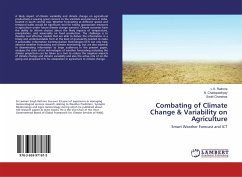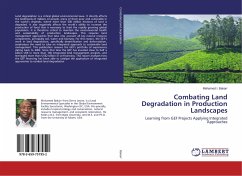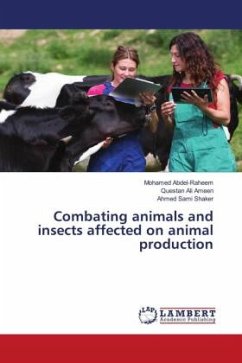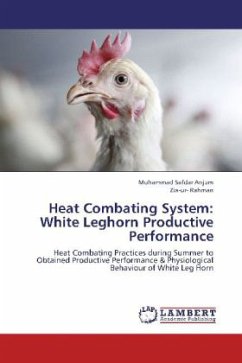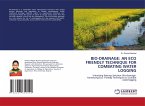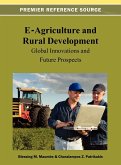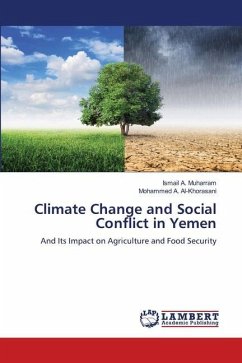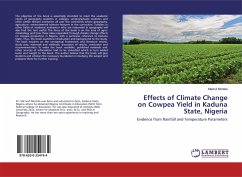A likely impact of climatic variability and climate change on agricultural productivity is causing great concern to the scientists and planners in India, located in south central Asia. Weather forecasting at different spatial and temporal scales would be significant tool for taking appropriate measures in agriculture under future climate change scenario. Climate scenarios have the ability to inform choices about the likely impacts of temperature, precipitation, and seasonality on food production. The challenge is to develop cost effective models that are able to deliver the information in a timely and understandable form at the level of granularity needed to make it actionable. Information Communication Technologies (ICT) not only help advance weather forecasting and climate monitoring, but are also essential in disseminating information to large audiences. In the present paper, analyses the state of-art technologies of weather forecasting including the climate projections can betaken as a tool to reduce the negative impacts of climate change and climatic variability and also the active role of on-the going and proposed ICTs for adaptation in agriculture to climate change.
Bitte wählen Sie Ihr Anliegen aus.
Rechnungen
Retourenschein anfordern
Bestellstatus
Storno

